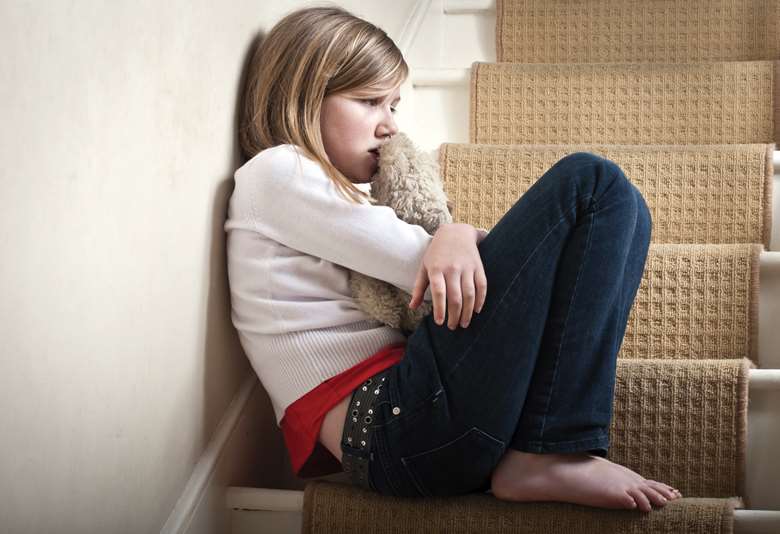Nearly 90 per cent of child sexual abuse 'goes unreported'
Derren Hayes
Tuesday, November 24, 2015
The vast majority of child sexual abuse goes unreported, a study by the Office of the Children's Commissioner for England has found.

Statistical analysis carried out for the commissioner’s Inquiry into Child Sex Abuse concluded that between 400,000 and 450,000 under-18s were victims of sexual abuse between 1 April 2012 and 31 March 2014 in England.
However, during the same period only 49,673 were recorded by police and local authorities, meaning as many as 89 per cent of cases are unreported. In total there were 6,414 convictions as a result of cases reported during the period.
The inquiry, which analysed police data on crimes and reported incidents, reviewed hundreds of research articles on the issue, and involved visits to children’s services teams, also found that two-thirds of all cases of child sexual abuse were perpetrated by family members.
Despite evidence of the high prevalence of in-family sex abuse, just 20 per cent of the recorded cases over the two-year period were perpetrated by family members.
The researchers say this highlights the reluctance of victims to report abuse by family members – 38 per cent of in-family abuse is not reported until at least five years after it occurred, compared with 24.7 per cent of all child sex abuse – and the difficulties professionals face in identifying children that have been victims.
The report highlights the problems schools and children’s services face in identifying and tackling the issue. It found teachers lack understanding of the signs of a child being sexually abused and don’t have the confidence to discuss the issue without a child disclosing abuse first.
Social workers also tend to wait for disclosure before raising the issue, it says, and when that does happen they are often sidelined from the evidence-gathering process with this instead being done by police who have a higher threshold for the level of proof.
Graham Ritchie, policy lead for child sexual abuse at the Children’s Commissioner for England, said: “During site visits, participants highlighted the perceived dominance of the criminal investigation, where the role of social workers in the interview process was sidelined.
“If you leave it to police to do, and almost delegate responsibility of deciding whether abuse happened, they look at abuse through the burden of proof used in the criminal justice system, whereas social workers look at balance of probability.”
The report – the first part of the two-stage inquiry, which will conclude next year with the publication of a strategy for tackling the problem – estimates that sexual abuse affects 11.3 per cent of all children and young people, meaning 1.3 million under-18s will be victims.
The Local Government Association (LGA) said the number of cases of child sexual abuse reported to councils has risen in recent years.
Roy Perry, chair of the LGA children and young people board, said: “Disclosing sexual abuse by a relative can be extremely difficult, and many victims will only speak out after reaching adulthood.
“We need to take this burden away from children wherever possible, but councils cannot do this alone. We need support from a million eyes and ears amongst the public, and the figures highlighted in this report emphasise the need for everyone to be alert to the signs and symptoms of child abuse and report anything suspicious to children’s social care.”
The Association of Teachers and Lecturers said it supported moves to develop a “whole-school” approach to child protection.
Mary Bousted, general secretary of the ATL, said: “We agree that teachers, and all school staff, should be trained to recognise the signs and symptoms of child sexual abuse and that this should form part of teachers’ professional development and initial training, whichever route they take into teaching.
"Members would support the idea of a social worker based in schools to handle suspected cases of abuse. Joined-up working is vital, but to take place effectively it needs funding.”




